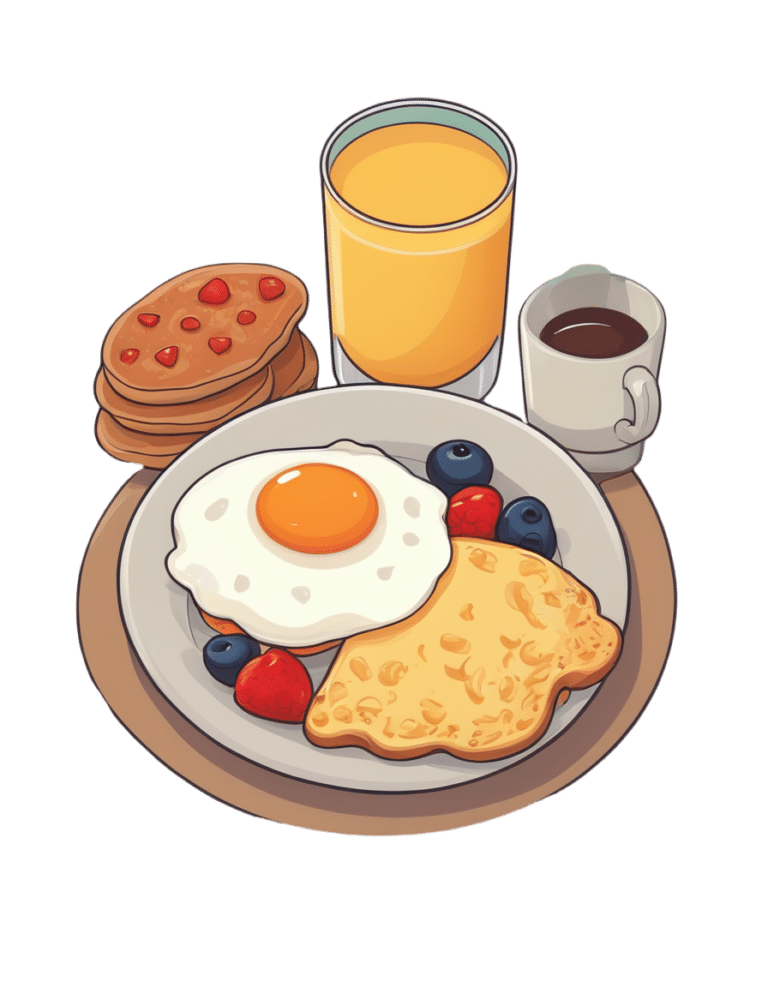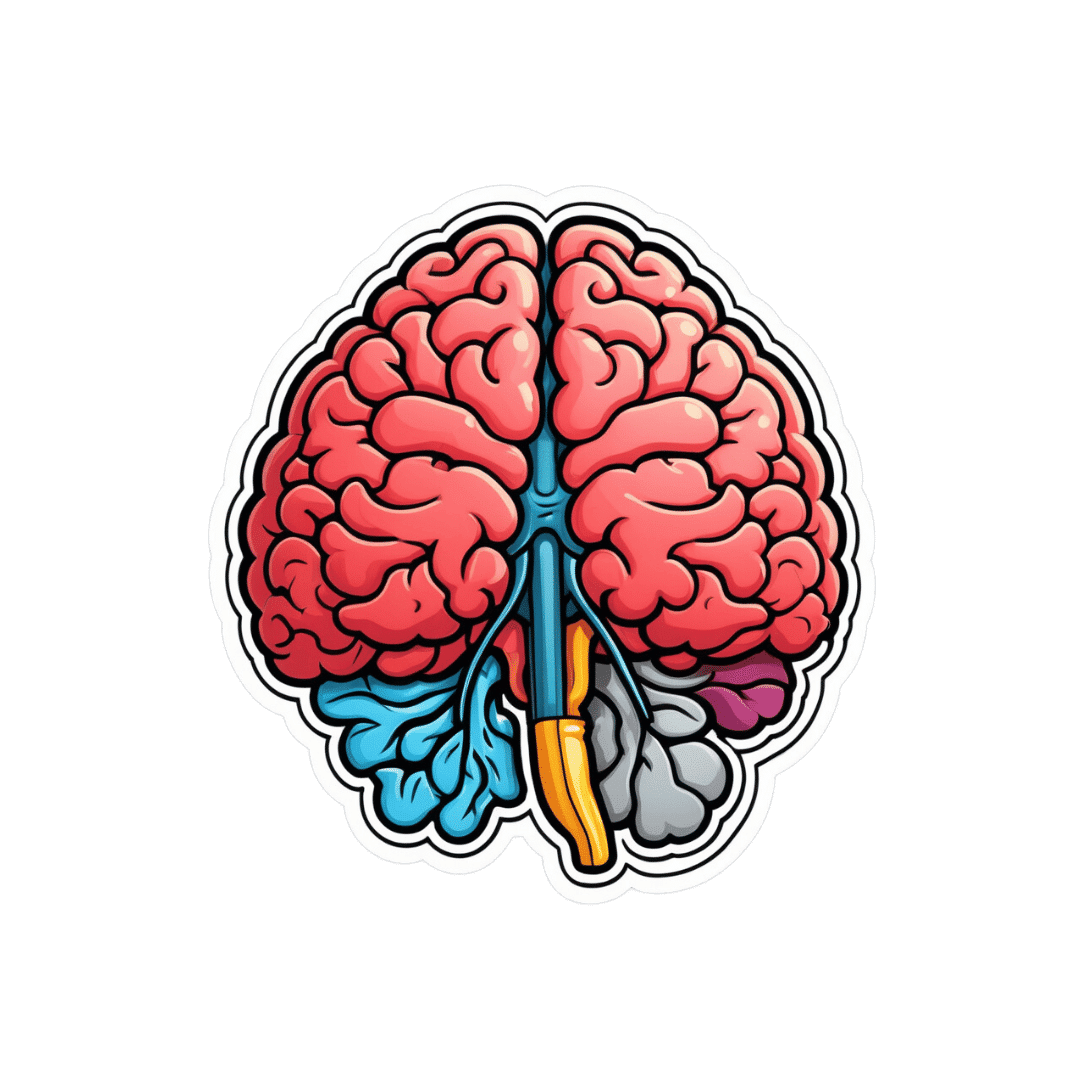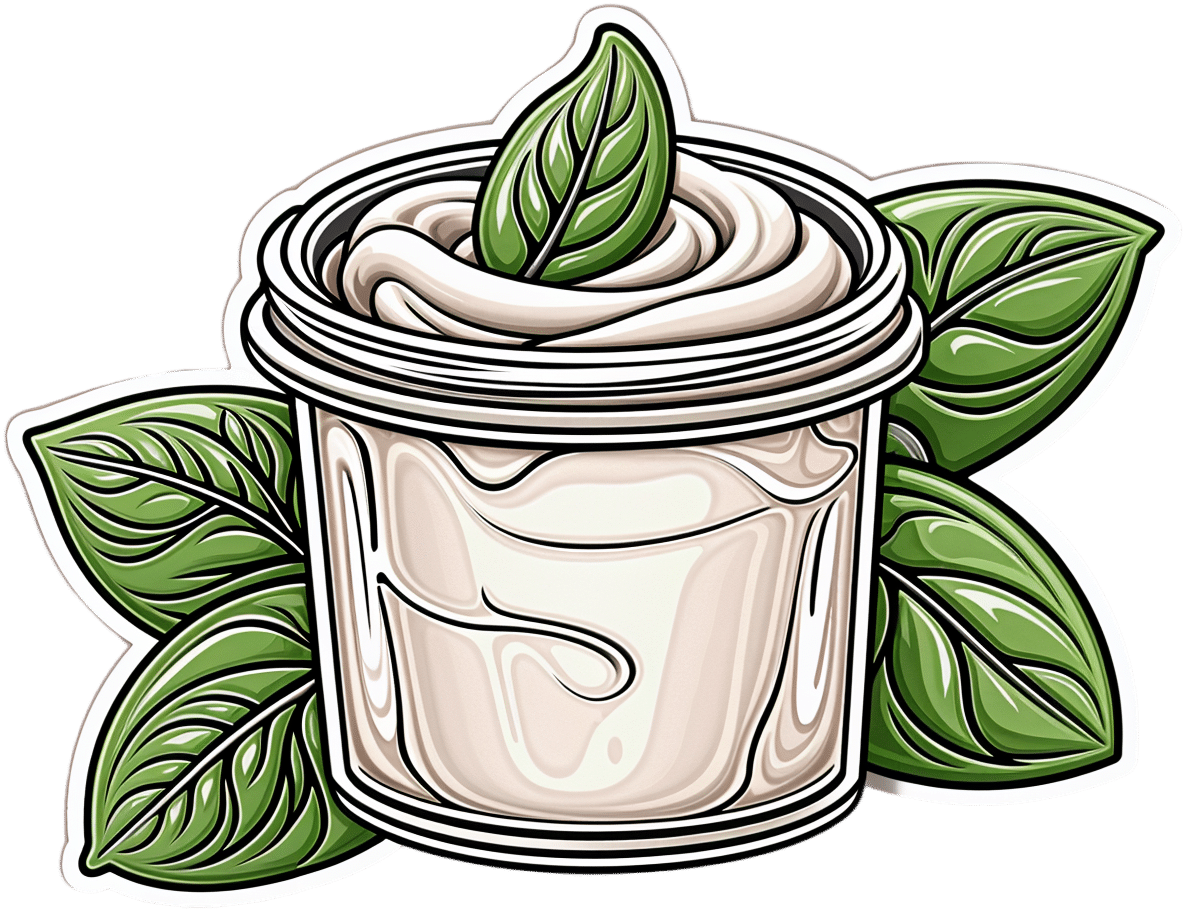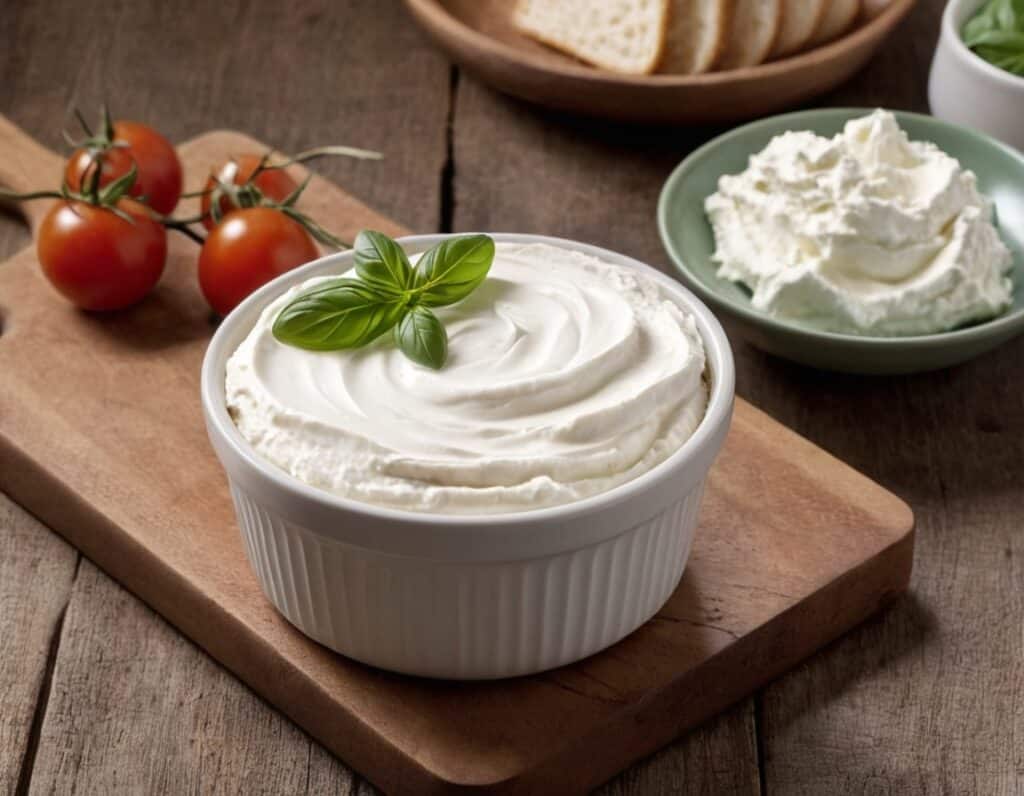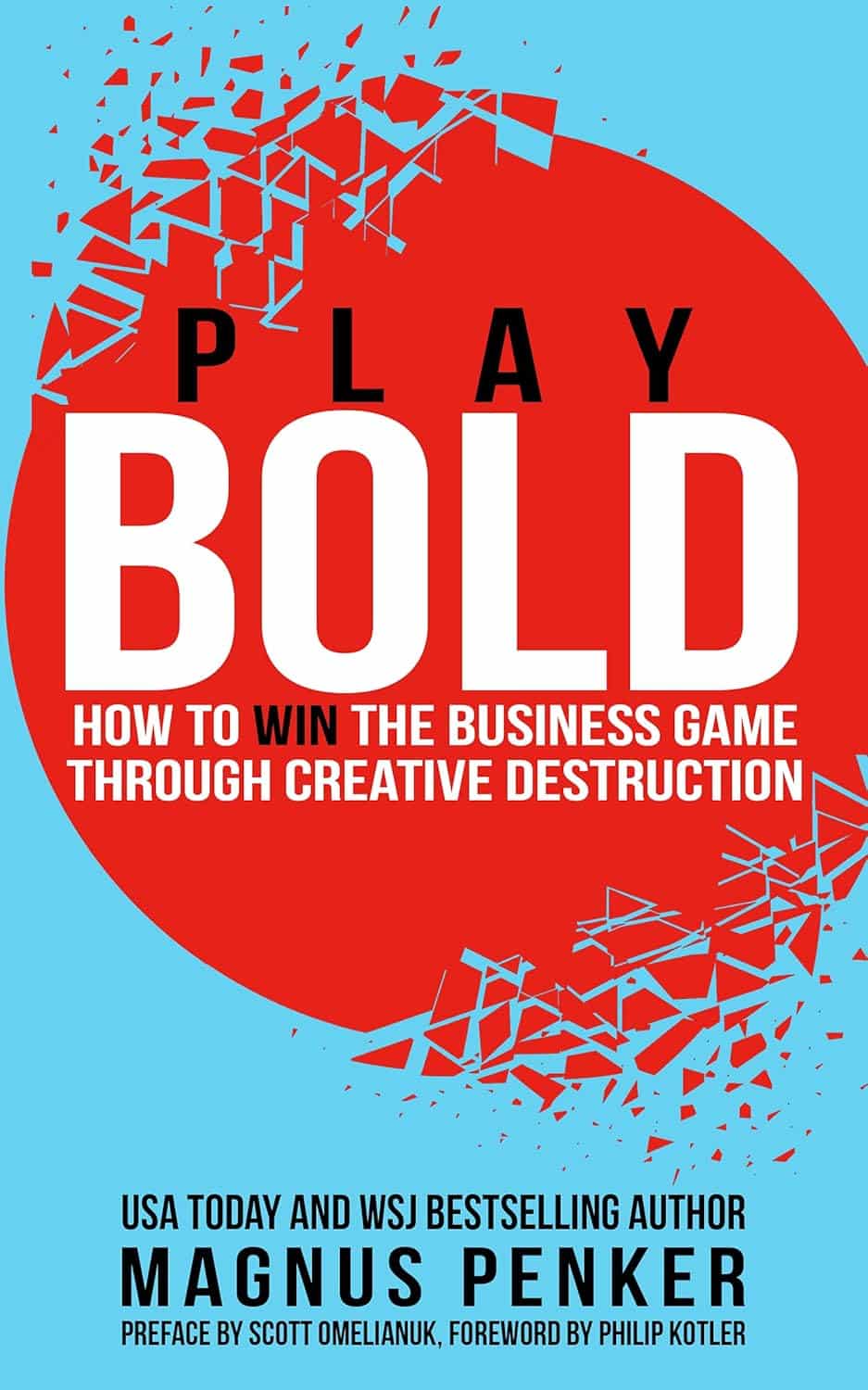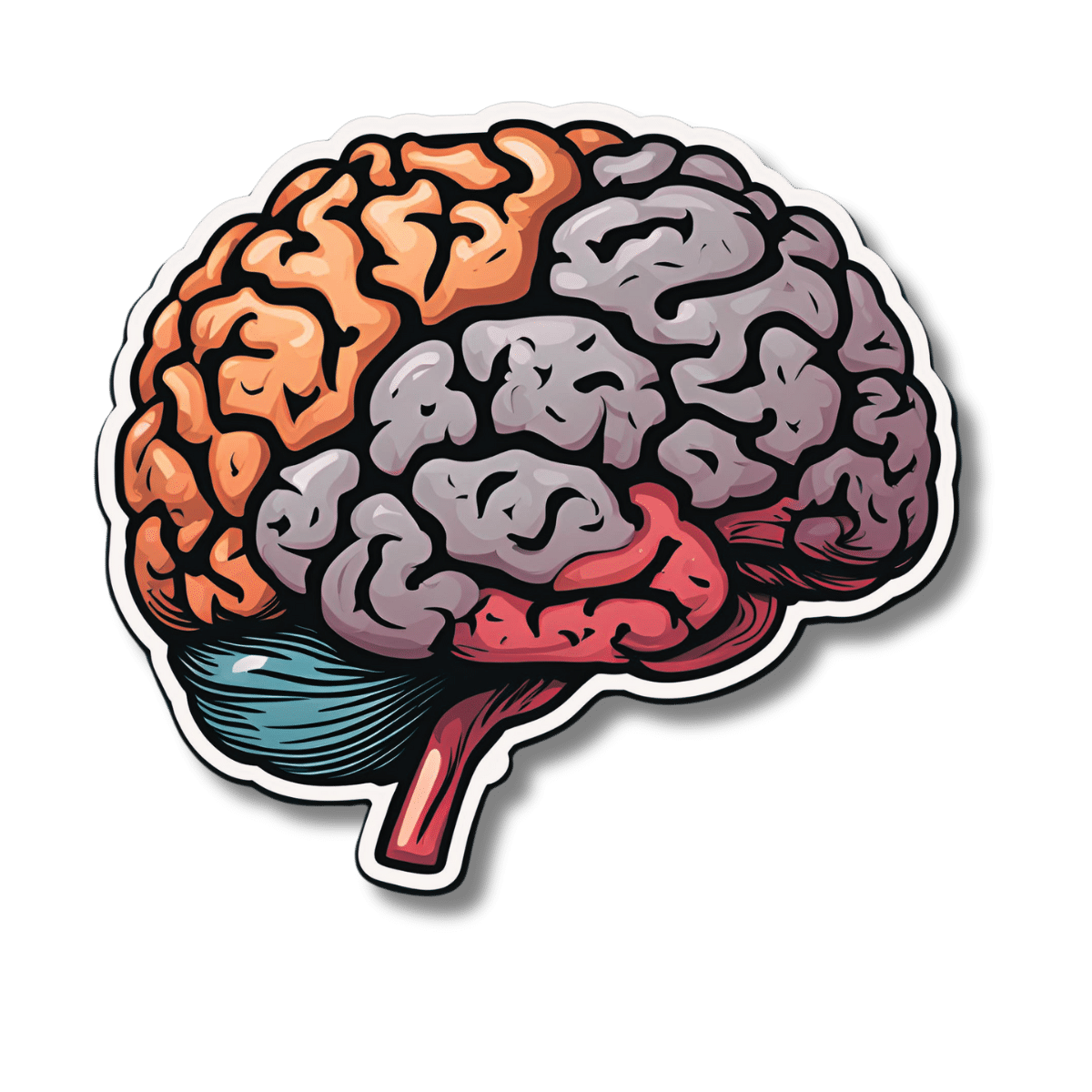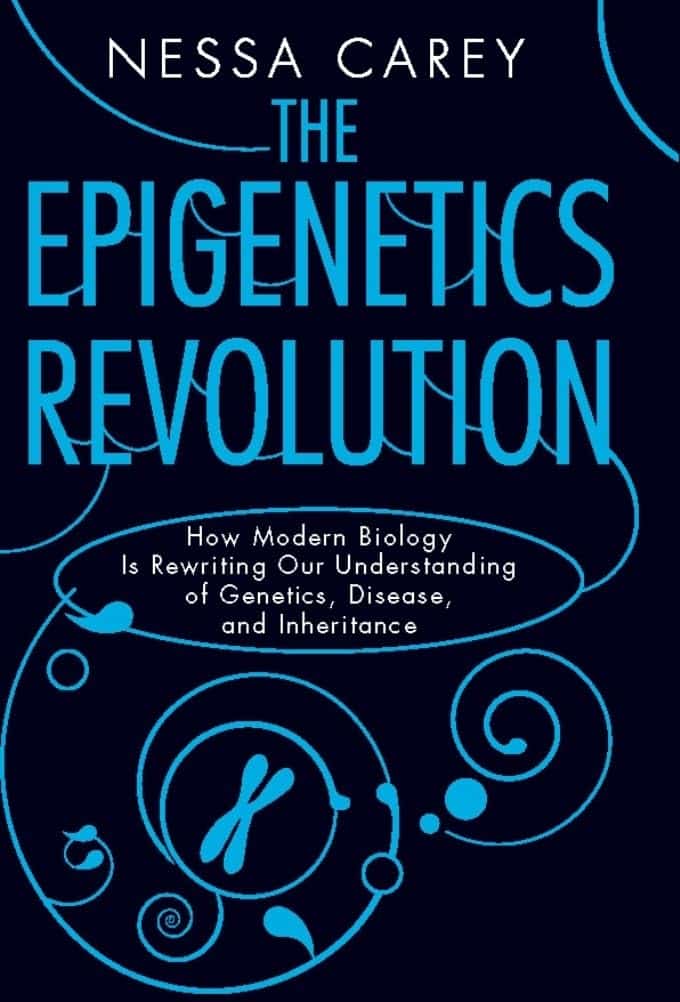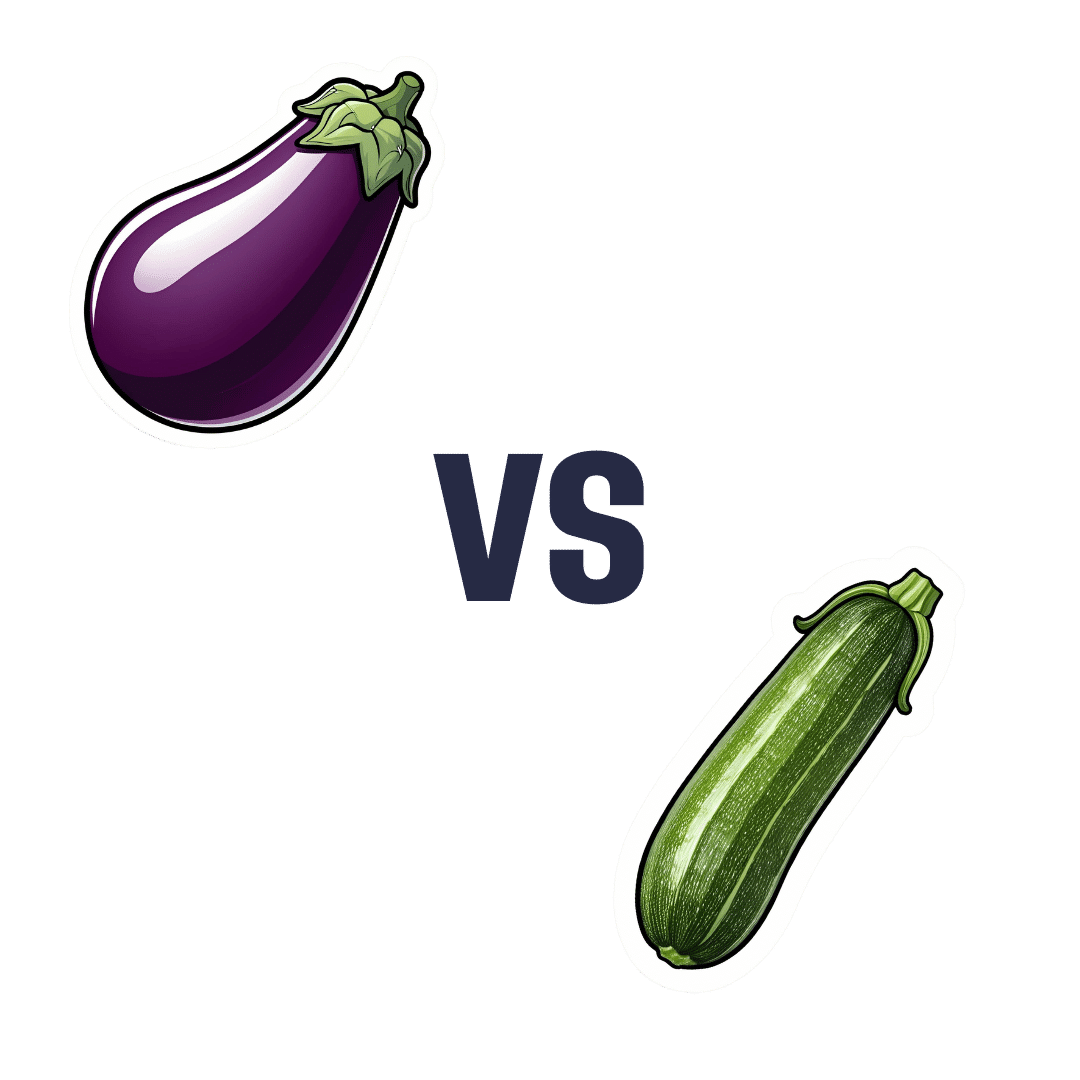
Can You Step Backwards Without Your Foot Or Torso Turning Out?
10almonds is reader-supported. We may, at no cost to you, receive a portion of sales if you purchase a product through a link in this article.
Walking backwards is often overlooked, but research shows it can enhance forward walking, especially in stroke patients; it has other benefits for everyone else, too. The physiotherapists at Fitness4Life Physical Therapy explain:
…and one step back
How it works: walking backwards heightens proprioception and stimulates muscles, improving balance and posture. Additionally, our daily lives tend to involve forward-leaning postures, causing upper back bending, and walking backwards helps counterbalance this.
Extra benefits: training to walk backwards can reduce the risk of falls, as stepping back is a common movement that is often untrained.
Exercise: try doing backwards lunges, to assess your skill and balance while moving backward. If foot rotation or torso rotation occurs during the exercise, then there’s room for improvement. Correcting these movements is then simply a matter of practicing backward lunges without turning.
10almonds tip: any exercise is only as good as your will to actually do it. For this reason, dancing is a great exercise in this case, as almost all forms of dance involve stepping backwards (in order to have steps without travelling somewhere, forwards steps are usually balanced with backwards ones)
For more on all this, plus a visual demonstration of the exercise, enjoy:
Click Here If The Embedded Video Doesn’t Load Automatically!
Want to learn more?
You might also like to read:
Fall Special ← About how to avoid falling, and how to avoid (and failing that, at least minimize) injury if you do fall. If you think this only happens to other/older people, remember, there’s a first time for everything, so it is better to be prepared in advance!
Take care!
Don’t Forget…
Did you arrive here from our newsletter? Don’t forget to return to the email to continue learning!
Recommended
Learn to Age Gracefully
Join the 98k+ American women taking control of their health & aging with our 100% free (and fun!) daily emails:
-
A Hospital Kept a Brain-Damaged Patient on Life Support to Boost Statistics. His Sister Is Now Suing for Malpractice.
10almonds is reader-supported. We may, at no cost to you, receive a portion of sales if you purchase a product through a link in this article.
ProPublica is a Pulitzer Prize-winning investigative newsroom. Sign up for The Big Story newsletter to receive stories like this one in your inbox.
In 2018, Darryl Young was hoping for a new lease on life when he received a heart transplant at a New Jersey hospital after years of congestive heart failure. But he suffered brain damage during the procedure and never woke up.
The following year, a ProPublica investigation revealed that Young’s case was part of a pattern of heart transplants that had gone awry at Newark Beth Israel Medical Center in 2018. The spate of bad outcomes had pushed the center’s percentage of patients still alive one year after surgery — a key benchmark — below the national average. Medical staff were under pressure to boost that metric. ProPublica published audio recordings from meetings in which staff discussed the need to keep Young alive for a year, because they feared another hit to the program’s survival rate would attract scrutiny from regulators. On the recordings, the transplant program’s director, Dr. Mark Zucker, cautioned his team against offering Young’s family the option of switching from aggressive care to comfort care, in which no lifesaving efforts would be made. He acknowledged these actions were “very unethical.”
ProPublica’s revelations horrified Young’s sister Andrea Young, who said she was never given the full picture of her brother’s condition, as did the findings of a subsequent federal regulator’s probe that determined that the hospital was putting patients in “immediate jeopardy.” Last month, she filed a medical malpractice lawsuit against the hospital and members of her brother’s medical team.
The lawsuit alleges that Newark Beth Israel staff were “negligent and deviated from accepted standards of practice,” leading to Young’s tragic medical outcome.
Defendants in the lawsuit haven’t yet filed responses to the complaint in court documents. But spokesperson Linda Kamateh said in an email that “Newark Beth Israel Medical Center is one of the top heart transplant programs in the nation and we are committed to serving our patients with the highest quality of care. As this case is in active litigation, we are unable to provide further detail.” Zucker, who is no longer on staff at Newark Beth Israel, didn’t respond to requests for comment. His attorney also didn’t respond to calls and emails requesting comment.
Zucker also didn’t respond to requests for comment from ProPublica in 2018; Newark Beth Israel at the time said in a statement, made on behalf of Zucker and other staff, that “disclosures of select portions of lengthy and highly complex medical discussions, when taken out of context, may distort the intent of conversations.”
The lawsuit alleges that Young suffered brain damage as a result of severely low blood pressure during the transplant surgery. In 2019, when the federal Centers for Medicare and Medicaid Services scrutinized the heart transplant program following ProPublica’s investigation, the regulators found that the hospital had failed to implement corrective measures even after patients suffered, leading to further harm. For example, one patient’s kidneys failed after a transplant procedure in August 2018, and medical staff made recommendations internally to increase the frequency of blood pressure measurement during the procedure, according to the lawsuit. The lawsuit alleges that the hospital didn’t implement its own recommendations and that one month later, “these failures were repeated” in Young’s surgery, leading to brain damage.
The lawsuit also alleges that Young wasn’t asked whether he had an advance directive, such as a preference for a do-not-resuscitate order, despite a hospital policy stating that patients should be asked at the time of admission. The lawsuit also noted that CMS’ investigation found that Andrea Young was not informed of her brother’s condition.
Andrea Young said she understands that mistakes can happen during medical procedures, “however, it’s their duty and their responsibility to be honest and let the family know exactly what went wrong.” Young said she had to fight to find out what was going on with her brother, at one point going to the library and trying to study medical books so she could ask the right questions. “I remember as clear as if it were yesterday, being so desperate for answers,” she said.
Andrea Young said that she was motivated to file the lawsuit because she wants accountability. “Especially with the doctors never, from the outset, being forthcoming and truthful about the circumstances of my brother’s condition, not only is that wrong and unethical, but it took a lot away from our entire family,” she said. “The most important thing to me is that those responsible be held accountable.”
ProPublica’s revelation of “a facility putting its existence over that of a patient is a scary concept,” said attorney Jonathan Lomurro, who’s representing Andrea Young in this case with co-counsel Christian LoPiano. Besides seeking damages for Darryl Young’s children, “we want to call attention to this so it doesn’t happen again,” Lomurro said.
The lawsuit further alleges that medical staff at Newark Beth Israel invaded Young’s privacy and violated the Health Insurance Portability and Accountability Act, more commonly known as HIPAA, by sharing details of his case with the media without his permission. “We want people to be whistleblowers and want information out,” but that information should be told to patients and their family members directly, Lomurro said.
The 2019 CMS investigation determined that Newark Beth Israel’s program placed patients in “immediate jeopardy,” the most serious level of violation, and required the hospital to implement corrective plans. Newark Beth Israel did not agree with all of the regulator’s findings and in a statement at the time said that the CMS team lacked the “evidence, expertise and experience” to assess and diagnose patient outcomes.
The hospital did carry out the corrective plans and continues to operate a heart transplant program today. The most recent federal data, based on procedures from January 2021 through June 2023, shows that the one year probability of survival for a patient at Newark Beth is lower than the national average. It also shows that the number of graft failures, including deaths, in that time period was higher than the expected number of deaths for the program.
Andrea Young said she’s struggled with a feeling of emptiness in the years after her brother’s surgery. They were close and called each other daily. “There’s nothing in the world that can bring my brother back, so the only solace I will have is for the ones responsible to be held accountable,” she said. Darryl Young died on Sept 12, 2022, having never woken up after the transplant surgery.
A separate medical malpractice lawsuit filed in 2020 by the wife of another Newark Beth Israel heart transplant patient who died after receiving an organ infected with a parasitic disease is ongoing. The hospital has denied the allegations in court filing. The state of New Jersey, employer of the pathologists named in the case, settled for $1.7 million this month, according to the plaintiff’s attorney Christian LoPiano. The rest of the case is ongoing.
Share This Post
-
Plant-Based Healthy Cream Cheese
10almonds is reader-supported. We may, at no cost to you, receive a portion of sales if you purchase a product through a link in this article.
Cream cheese is a delicious food, and having a plant-based diet isn’t a reason to miss out. Here we have a protein-forward nuts-based cream cheese that we’re sure you’ll love (unless you’re allergic to nuts, in which case, maybe skip this one).
You will need
- 1½ cups raw cashews, soaked in warm water and then drained
- ½ cup water
- ½ cup coconut cream
- Juice of ½ lemon
- 3 tbsp nutritional yeast
- ½ tsp onion powder
- ½ tsp garlic powder
- ½ tsp black pepper
- ½ tsp cayenne pepper
- ¼ tsp MSG, or ½ tsp low-sodium salt
- Optional: ⅓ cup fresh basil
Method
(we suggest you read everything at least once before doing anything)
1) Blend all of the ingredients until creamy.
2) Optional: leave on the countertop, covered, for 1–2 hours, if you want a more fermented (effectively: cheesy) taste.
3) Refrigerate, ideally overnight, before serving. Serving on bagels is a classic, but you can also enjoy with the Healthy Homemade Flatbreads we made yesterday
Enjoy!
Want to learn more?
For those interested in some of the science of what we have going on today:
- Pistachios vs Cashews – Which is Healthier? ← Pistachios actually won here, but cashews are also great and are better (from a culinary perspective) for making cream cheese
- Why You Should Diversify Your Nuts!
- Our Top 5 Spices: How Much Is Enough For Benefits?
Take care!
Share This Post
-
Play Bold – by Magnus Penker
10almonds is reader-supported. We may, at no cost to you, receive a portion of sales if you purchase a product through a link in this article.
This book is very different to what you might expect, from the title.
We often see: “play bold, believe in yourself, the universe rewards action” etc… Instead, this one is more: “play bold, pay attention to the data, use these metrics, learn from what these businesses did and what their results were”, etc.
We often see: “here’s an anecdote about a historical figure and/or celebrity who made a tremendous bluff and it worked out well so you should too” etc… Instead, this one is more: “see how what we think of as safety is actually anything but! And how by embracing change quickly (or ideally: proactively), we can stay ahead of disaster that may otherwise hit us”.
Penker’s background is also relevant here. He has decades of experience, having “launched 10 start-ups and acquired, turned around, and sold over 30 SMEs all over Europe”. Importantly, he’s also “still in the game”… So, unlike many authors whose last experience in the industry was in the 1970s and who wonder why people aren’t reaping the same rewards today!
Penker is the therefore opposite of many who advocate to “play bold” but simply mean “fail fast, fail often”… While quietly relying on their family’s capital and privilege to leave a trail of financial destruction behind them, and simultaneously gloating about their imagined business expertise.
In short: boldness does not equate to foolhardiness, and foolhardiness does not equate to boldness.
As for telling the difference? Well, for that we recommend reading the book—It’s a highly instructive one.
Take The First Bold Step Of Checking Out This Book On Amazon!
Share This Post
Related Posts
-
Statins and Brain Fog?
10almonds is reader-supported. We may, at no cost to you, receive a portion of sales if you purchase a product through a link in this article.
It’s Q&A Day at 10almonds!
Have a question or a request? You can always hit “reply” to any of our emails, or use the feedback widget at the bottom!
In cases where we’ve already covered something, we might link to what we wrote before, but will always be happy to revisit any of our topics again in the future too—there’s always more to say!
As ever: if the question/request can be answered briefly, we’ll do it here in our Q&A Thursday edition. If not, we’ll make a main feature of it shortly afterwards!
So, no question/request too big or small
❝I was wondering if you had done any info about statins. I’ve tried 3, and keep quitting them because they give me brain fog. Am I imagining this as the research suggests?❞
If you are female, the chances of adverse side-effects are a lot higher:
As an extra kicker, not only are the adverse side-effects more likely for women, but also, the benefits are often less beneficial, too (see the above main feature for some details).
That’s not to say that statins can’t have their place for women; sometimes it will still be the right choice. Just, not as readily so as for men.
Enjoy!
Don’t Forget…
Did you arrive here from our newsletter? Don’t forget to return to the email to continue learning!
Learn to Age Gracefully
Join the 98k+ American women taking control of their health & aging with our 100% free (and fun!) daily emails:
-
The Epigenetics Revolution – by Dr. Nessa Carey
10almonds is reader-supported. We may, at no cost to you, receive a portion of sales if you purchase a product through a link in this article.
If you enjoyed the book “Inheritance” that we reviewed a couple of days ago, you might love this as a “next read” book. But you can also just dive straight in here, if you like!
This one, as the title suggests, focuses entirely on epigenetics—how our life events can shape our genetic expression, and that of our descendants. Or to look at it in the other direction, how our genetic expression can be shaped by the life experiences of, for example, our grandparents.
The style of this book is very much pop-science, but contains a lot of information from hard science throughout. We learn not just about longitudinal population studies as one might expect, but also about the intricacies of DNA methylation and histone modifications, for example.
Depending on your outlook, you may find some of this very bleak (“great, I am shackled by what my grandparents did”) or very optimism-inducing (“oh wow, I’m not nearly so constrained by genetics as I thought; this stuff is so malleable!”). This is also the same author who wrote “Hacking The Code of Life“, by the way, but we’ll review that another day.
Bottom line: this book is the best one-shot primer on epigenetics that this reviewer has read (you may be wondering how many that is, and the answer is… about seven or so? I’m not good at counting).
Click here to check out The Epigenetics Revolution, and learn how dynamic you really are!
Don’t Forget…
Did you arrive here from our newsletter? Don’t forget to return to the email to continue learning!
Learn to Age Gracefully
Join the 98k+ American women taking control of their health & aging with our 100% free (and fun!) daily emails:
-
Eggplant vs Zucchini – Which is Healthier?
10almonds is reader-supported. We may, at no cost to you, receive a portion of sales if you purchase a product through a link in this article.
Our Verdict
When comparing eggplant to zucchini, we picked the zucchini.
Why?
In terms of macros, eggplant has more carbs and fiber while zucchini has more protein; we’ll generally prioritize fiber, so call this a subjective win for eggplant in this category, though an argument could be made for a tie.
In the category of vitamins, eggplant has more of vitamins B3, B5, and E, while zucchini has more of vitamins A, B1, B2, B6, B9, C, K, and choline, scoring a win for zucchini here.
Looking at minerals, eggplant has more copper, manganese, and selenium, while zucchini has more calcium, iron, magnesium, phosphorus, potassium and zinc, meaning another win for zucchini in this round.
In terms of polyphenols, eggplant has a greater variety of polyphenols, while zucchini has greater total mass of polyphenols, so we’re calling this one a tie.
Adding up the sections makes for an overall win for zucchini, but by all means enjoy either or both (perhaps together!); diversity is good!
Want to learn more?
You might like:
What’s Your Plant Diversity Score?
Enjoy!
Don’t Forget…
Did you arrive here from our newsletter? Don’t forget to return to the email to continue learning!
Learn to Age Gracefully
Join the 98k+ American women taking control of their health & aging with our 100% free (and fun!) daily emails:

